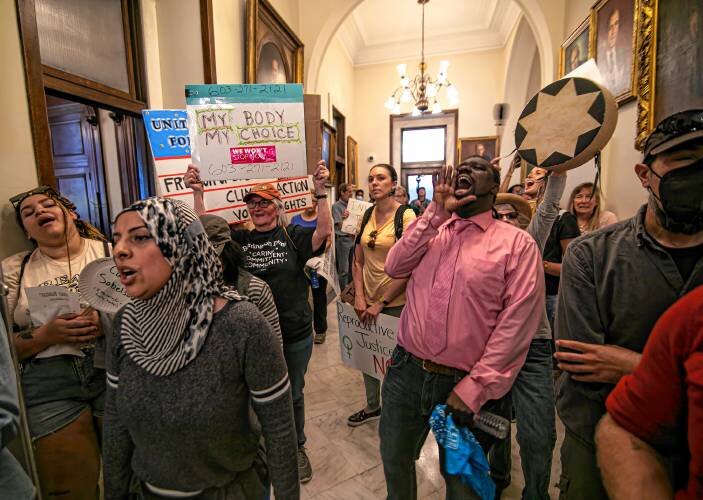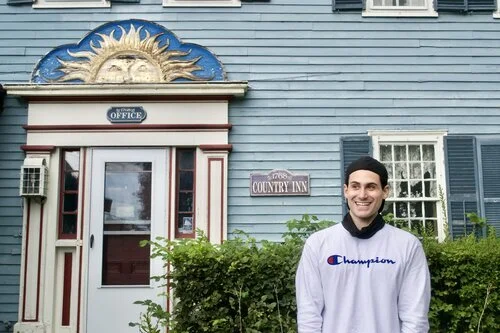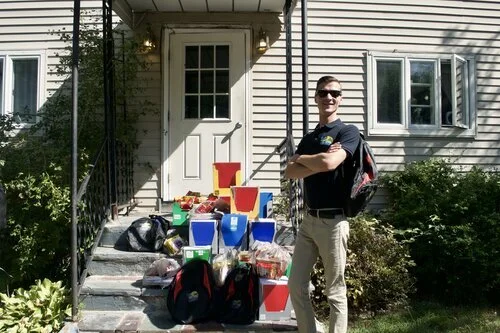Nearly 30 years ago, Charlotte DiLorenzo moved to Newmarket from Massachusetts, where she had lived her whole life. The lack of racial diversity in her new home state was nothing less than culture shock for her.
“I lived in Beverly, I grew up in Lynn, I worked in Boston. I was sort of used to being in diverse communities and being around a lot of diverse people,” DiLorenzo, who is Black, said. “Things were so different.”
Unknown to DiLorenzo at the time, and to many New Hampshireites today, the same Granite State that Dilorenzo met in 1993 is home to the nation’s first African American person elected to public office — in 1768.



















